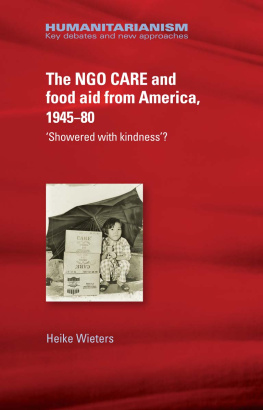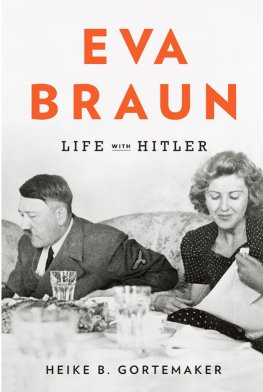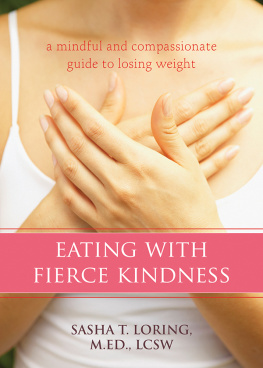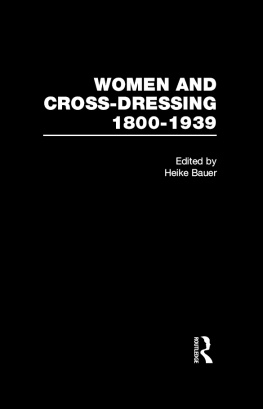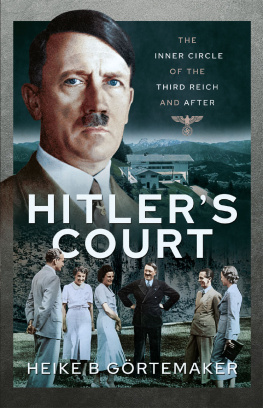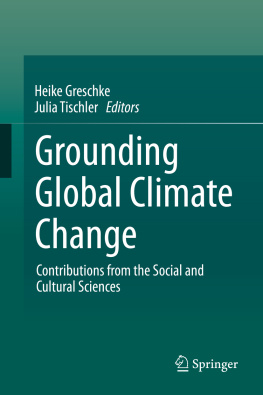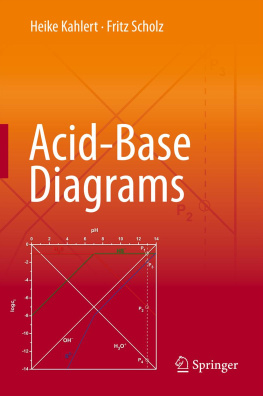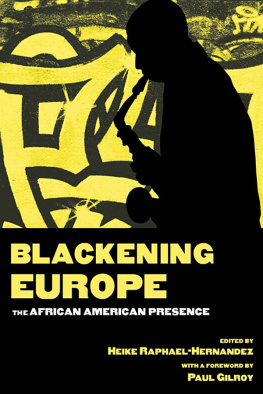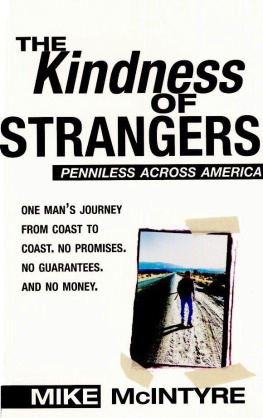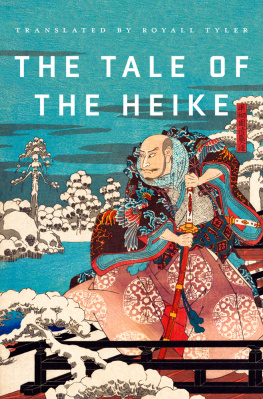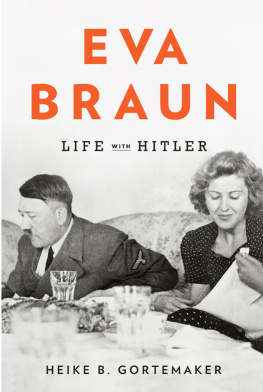The NGO CARE and food aid from America, 194580
HUMANITARIANISM
This series offers a new interdisciplinary reflection on one of the most important and yet understudied areas in history, politics and cultural practices: humanitarian aid and its responses to crises and conflicts. The series seeks to define afresh the boundaries and methodologies applied to the study of humanitarian relief and so-called humanitarian events. The series includes monographs and carefully selected thematic edited collections which will cross disciplinary boundaries and bring fresh perspectives to the historical, political and cultural understanding of the rationale and impact of humanitarian relief work.
Islamic charities and Islamic humanism in troubled times
Jonathan Benthall
Humanitarian aid, genocide and mass killings: Mdecins Sans Frontires, the Rwandan experience, 198297
Jean-Herv Bradol and Marc Le Pape
Calculating compassion: Humanity and relief in war, Britain 18701914
Rebecca Gill
Humanitarian intervention in the long nineteenth century
Alexis Heraclides and Ada Dialla
The militaryhumanitarian complex in Afghanistan
Eric James and Tim Jacoby
Donors, technical assistance and public administration in Kosovo
Mary Venner
Copyright Heike Wieters 2017
The right of Heike Wieters to be identified as the author of this work has been asserted by her in accordance with the Copyright, Designs and Patents Act 1988.
Published by Manchester University Press
Altrincham Street, Manchester M1 7JA
www.manchesteruniversitypress.co.uk
British Library Cataloguing-in-Publication Data
A catalogue record for this book is available from the British Library
Library of Congress Cataloging-in-Publication Data applied for
ISBN 978 1 52611 721 2 hardback
First published 2017
The publisher has no responsibility for the persistence or accuracy of URLs for any external or third-party internet websites referred to in this book, and does not guarantee that any content on such websites is, or will remain, accurate or appropriate.
Typeset by
Servis Filmsetting, Stockport, Cheshire
I have been looking forward to writing these acknowledgements for years now. However, now that I have the opportunity to finally thank all the fine people who have made the last years and my research possible and worthwhile, I realize that I do not have the adequate words to express the gratitude I feel. I wish it were different.
Thank you to my friends Isa, Margrit, Philipp, Oliver, Laura, Karim, Julia, Dominique, Jule, Atthei, Corinna, Wiebke, and Nicolas for being you and for being there even if I wasnt. Thank you Hannes.
Thank you to my parents you have been my inspiration all along and to my sister Imke, you are my person.
There are countless friends, colleagues, and academic teachers to whom I will always be grateful. They have read chapters of my book, they have questioned my impatience, they have commented on my ideas, provided useful advice and practical guidance, and they have made the manuscript better in many, many ways: Laura Rischbieter, Corinna Unger, Martin Rempe, Karim Fertikh, Dominique Gareis, Friederike Runge, Nils Exner, Claudia Prinz, Daniel Maul, Kim Priemel, Wiebke Glaesser, Julia Eichenberg, Anne Lammers, Christiane Berth, Susan Levine, Dietmar S, Julia Irwin, Ruth Jachertz, Florian Hannig, Joel Glasman, Maria Framke, Martin Lutz, Wolfgang Marquardt, Stephan Malinowski, Kiran Patel, Gabriele Metzler, Andreas Eckert, Sandrine Kott, Johannes Paulmann, and all the other colleagues from the various colloquia and international conferences I have visited throughout the last years to present my research and to learn about yours.
A special thanks goes to Matthias Schmelzer; it was and is a pleasure having you as a friend and partner in crime throughout our PhD candidacy and afterwards.
I owe a great deal to my academic advisors Alexander Ntzenadel and Helge Pharo. Both have offered copious advice, practical help, and guidance, while allowing me to learn my own lessons. My warmest thanks for this to both of you.
I am grateful to all the people in the archives and libraries that I consulted; they do excellent work and they made my research worthwhile.
My friend Hae-Lin, her parents-in-law, as well as their friend Rachel and her husband opened their homes to me during my archival visits in New York and New Brunswick, which was not only extremely kind but also highly interesting and instructive. I met many wonderful people in Washington DC, Claudia and Andre in Rome, Christie and Scott in New York, Marina and Christina in Washington it was a privilege to get to know you.
My final thank you goes to Bertrand Taithe for including my book in the series and to the people of Manchester University Press, Andrew Kirk in particular, for their work.
Danke

